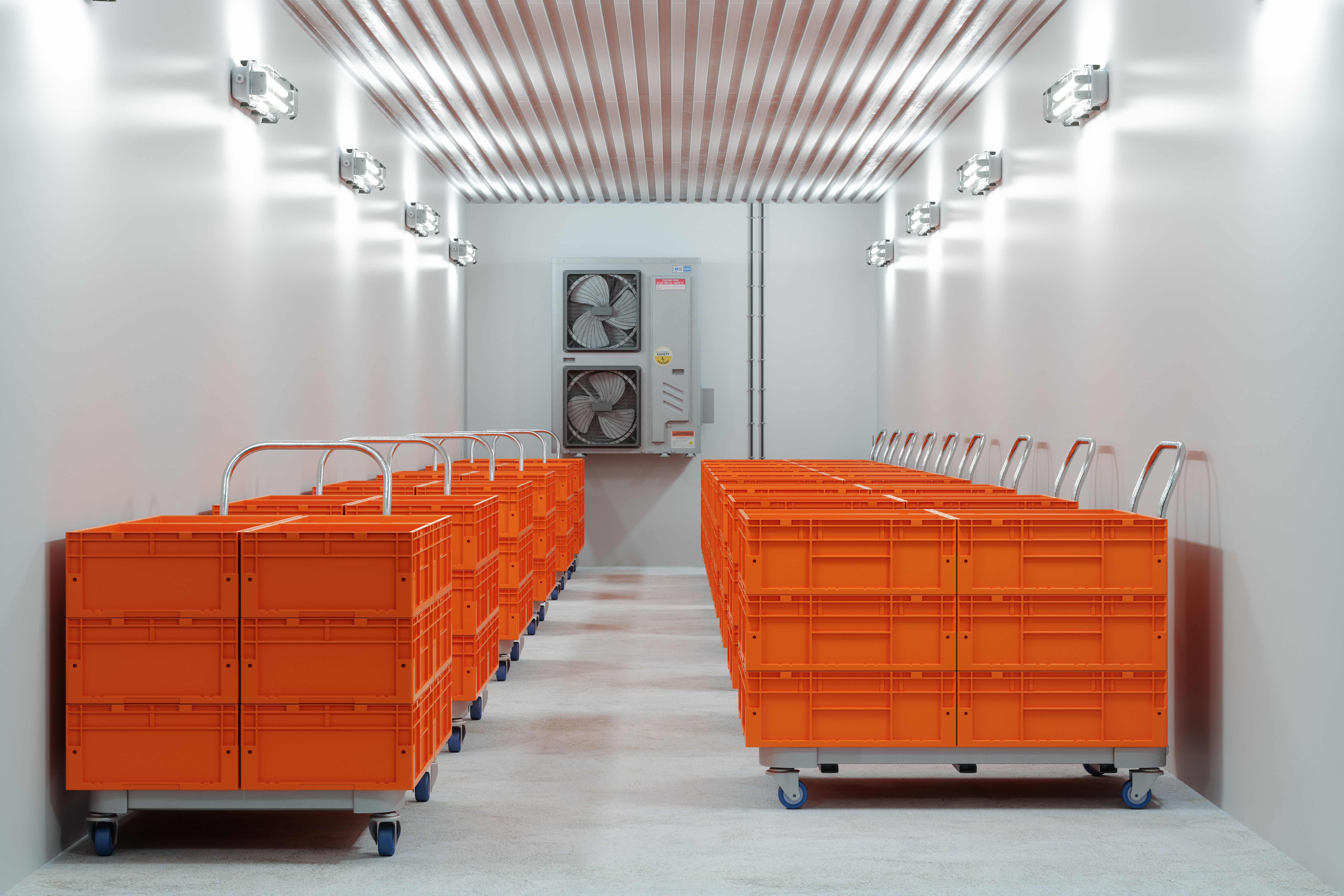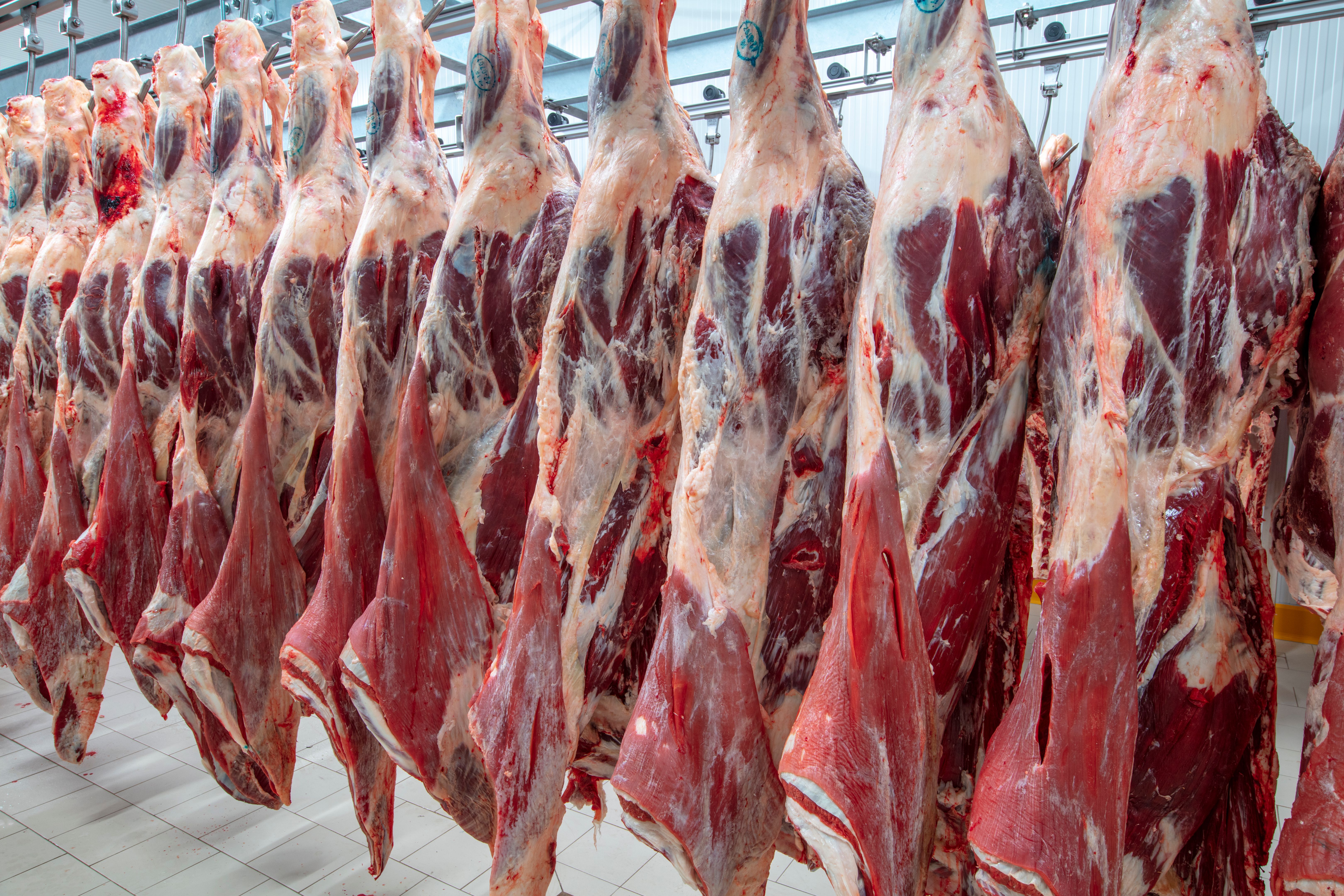The Role of Cold Rooms in Boosting Nigeria's Agriculture, Meat, and Fish Sectors
Introduction to Cold Rooms in Nigeria
Cold rooms have become a vital component in the agricultural, meat, and fish sectors in Nigeria. With the country's increasing focus on enhancing food security and reducing post-harvest losses, cold storage solutions have provided a much-needed boost. Cold rooms help in maintaining the quality and extending the shelf life of perishable goods, making them an indispensable asset to farmers and businesses alike.

Enhancing Agricultural Productivity
Agriculture forms the backbone of Nigeria's economy. However, post-harvest losses have been a significant challenge, often due to inadequate storage facilities. Cold rooms offer a solution by providing controlled environments that preserve the freshness of produce. This technology not only reduces waste but also ensures that farmers can store their crops until market conditions are favorable, potentially increasing their profits.
With cold storage, fruits and vegetables can be kept at optimal temperatures, preventing spoilage and maintaining nutritional value. This is especially crucial for perishable items like tomatoes, peppers, and leafy greens, which are staple ingredients in Nigerian cuisine.
Supporting the Meat Industry
The meat industry in Nigeria faces similar challenges, with spoilage being a common issue due to high temperatures and inadequate storage facilities. Cold rooms play an essential role in preserving meat quality by slowing down the growth of bacteria that cause spoilage. By storing meat products at low temperatures, businesses can ensure they deliver safe and high-quality products to consumers.

Furthermore, cold rooms facilitate the processing and distribution of meat by allowing businesses to store large quantities without compromising quality. This capability is crucial for meeting the demands of a growing population and expanding meat exports.
Revolutionizing Fish Preservation
Fish is a significant part of the Nigerian diet, but it is highly perishable. The introduction of cold rooms has revolutionized fish preservation by allowing fish to be stored at temperatures that prevent spoilage. This has helped reduce losses significantly and improved the profitability of the fishing industry.
Cold rooms also enable fishermen and fish traders to store their catch for longer periods, giving them the flexibility to sell when prices are optimal. This approach not only benefits individual businesses but also contributes to stabilizing fish supply in the market.

Economic Impact and Opportunities
The widespread adoption of cold rooms has a broader economic impact beyond reducing food loss. It creates opportunities for employment in installation, maintenance, and operation of these facilities. Additionally, it encourages investment in related sectors such as logistics and transportation.
Moreover, by supporting efficient supply chains, cold rooms help stabilize prices and ensure food availability. This stability can lead to more predictable market conditions, encouraging further investment in agriculture and related industries.
Challenges and Future Prospects
Despite the benefits, challenges such as high energy costs and inadequate infrastructure can hinder the widespread implementation of cold rooms. However, with advancements in renewable energy and government initiatives aimed at improving infrastructure, there is potential for overcoming these hurdles.
Looking ahead, continued investment in cold storage technology could transform Nigeria's agricultural landscape. By minimizing post-harvest losses and enhancing product quality, cold rooms can contribute significantly to the country's food security and economic growth.
